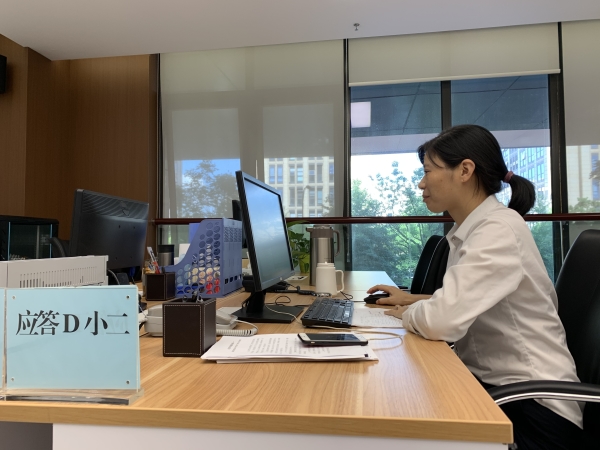Year-ender: Hangzhou preferential policies of 2020
1. The Qinqing online platform, which began operating on March 2, 2020 and kept simplifying administrative approval procedures, has helped 270,000 local companies and 810,000 employees receive a total of 7.9 billion yuan ($1.2 billion) in financial aid.
2. A total of 274,000 small and micro-sized companies registered in Hangzhou from 2018 to 2020, enjoying 24.7 billion yuan in tax reductions and exemptions.
3. Hangzhou reduced or eliminated rent, utility bills, and administrative fees for 190 local maker spaces and incubators to help them overcome difficulties resulting from the COVID-19 pandemic. A total of 84 million yuan in rental fees were slashed.
4. Hangzhou officials hope that over 1 million college graduates will come to the city to work or start businesses from 2020 to 2022 and create a more vibrant business environment.
5. Starting from 2020, Hangzhou plans to allocate 20 million yuan per year for three years to support the preservation and innovative development of historic and traditional industries such as silk and embroidery, tea, arts and crafts, and traditional Chinese medicine.
6. Wahaha Group is one example of a Hangzhou enterprise offering industrial support to remote and poverty-stricken areas. The group has invested 8.5 billion yuan to establish 71 companies in such areas, recruiting around 13,000 people and generating over 200 billion yuan in sales revenue.
7. Cainiao, the logistics arm of tech giant Alibaba, joined with China Post on Dec 29, 2020 to establish 50,000 post offices across China and increase delivery speed, which will particularly benefit people living in central and western China.

An administrative officer handles local residents' appeals via the Qinqing Online platform. [Photo/hzxh.gov.cn]
-
Foreign teacher, Hangzhou students capture picturesque countryside
August 9, 2023
-
Hangzhou Asian Games launch 50-day-to-go campaign
August 4, 2023
-
Hangzhou achieves 6.9% GDP growth in H1 2023
July 27, 2023



